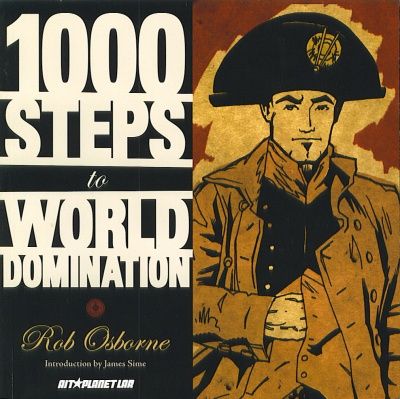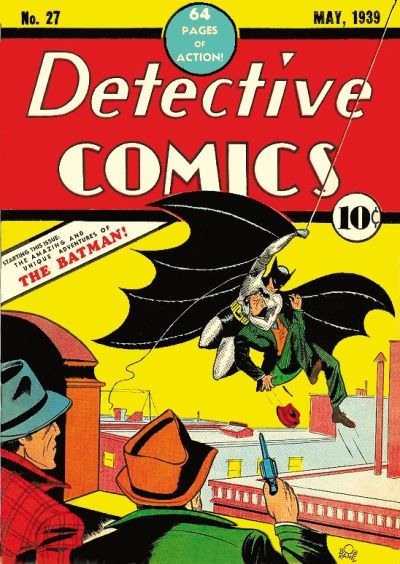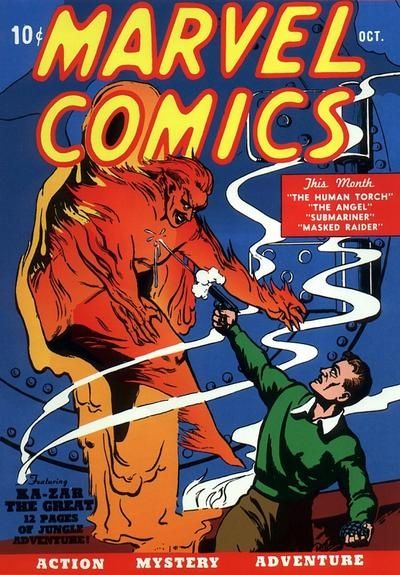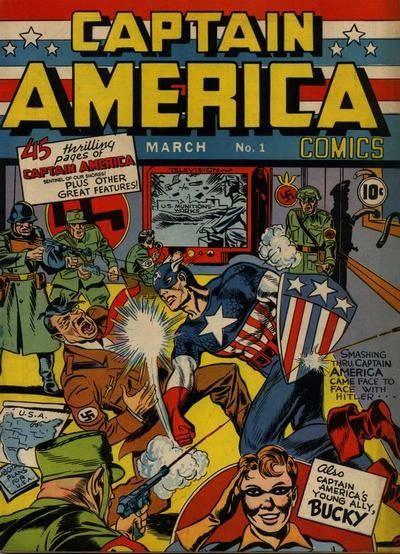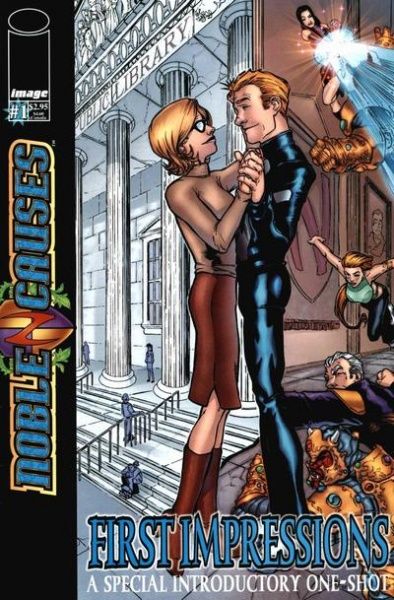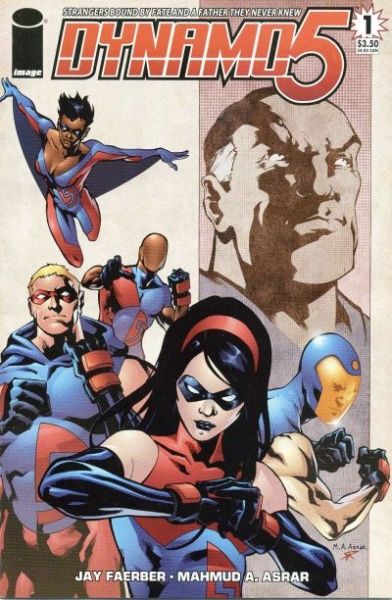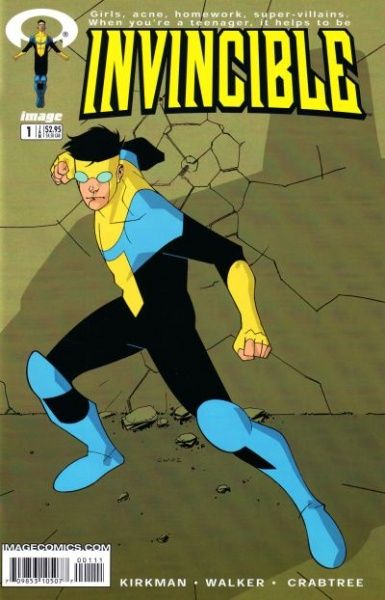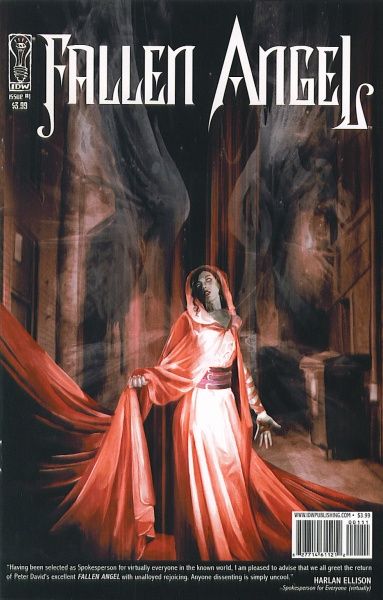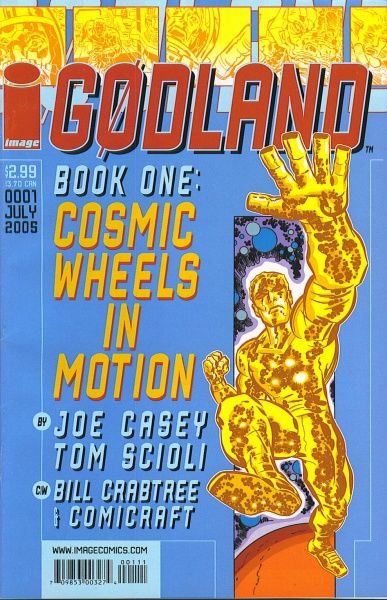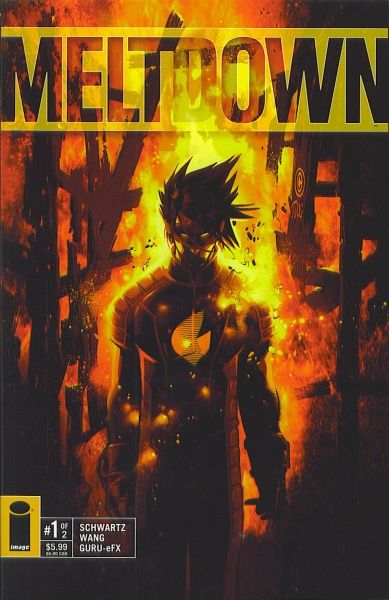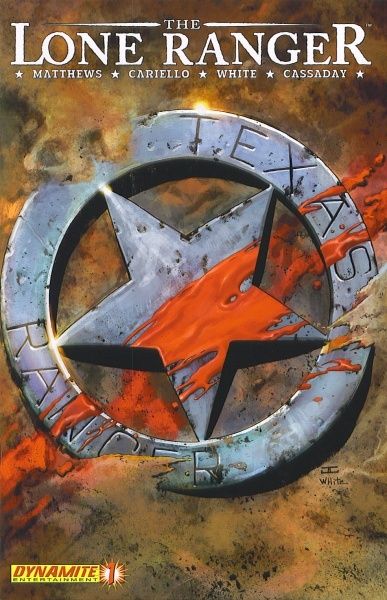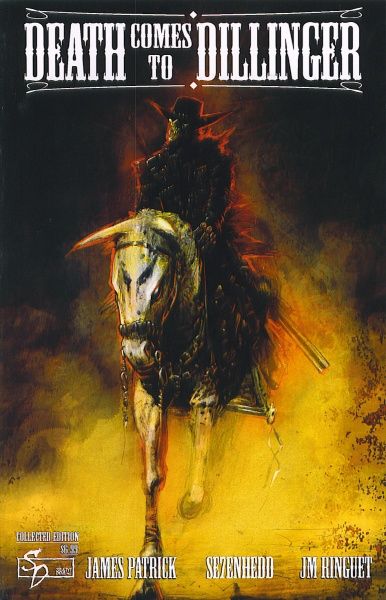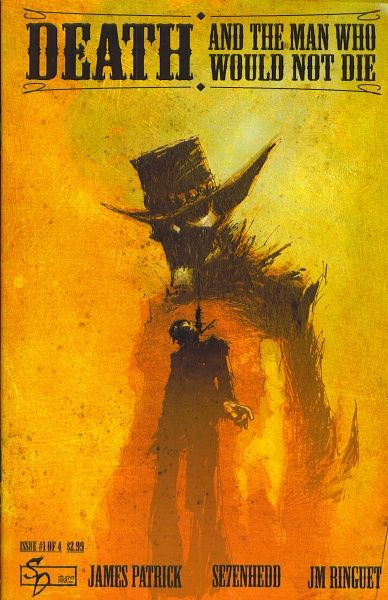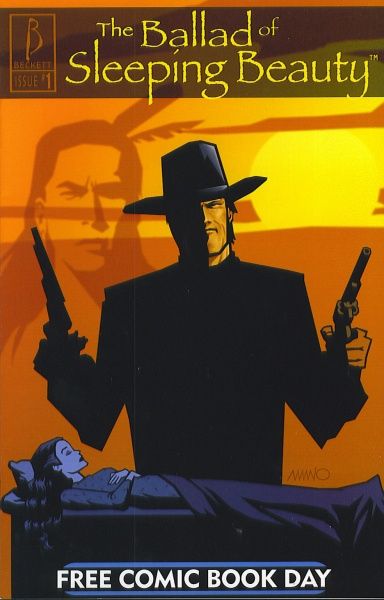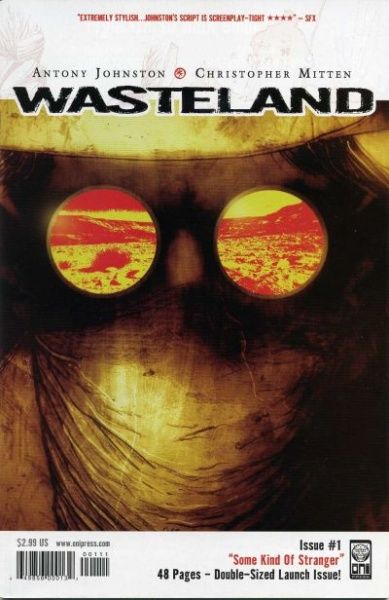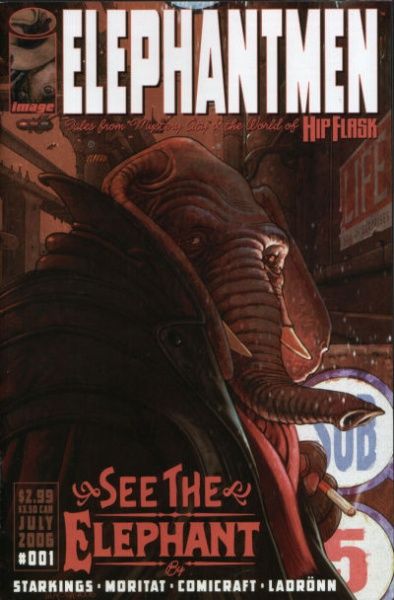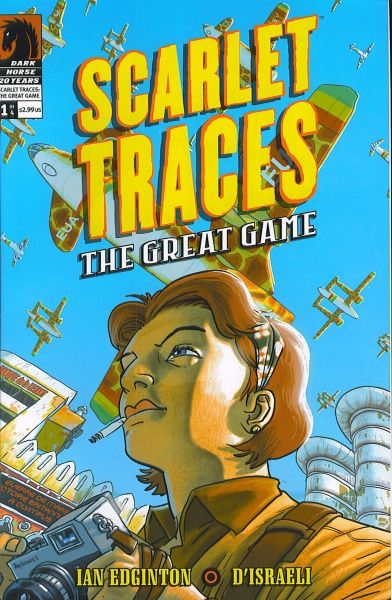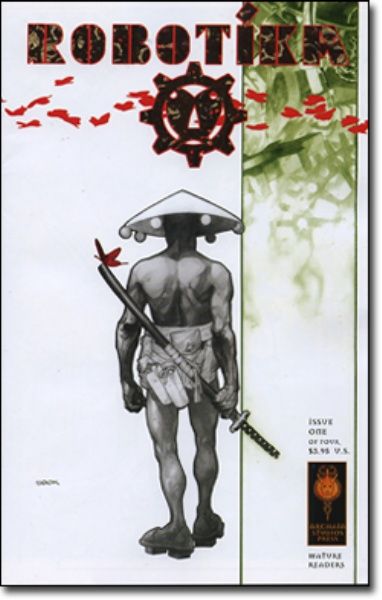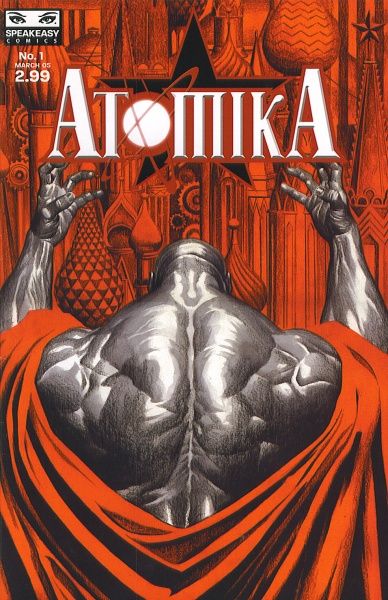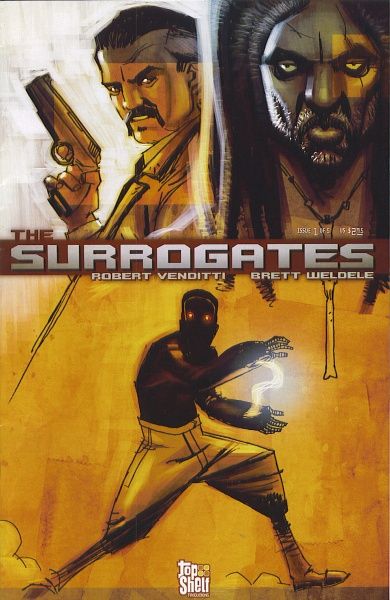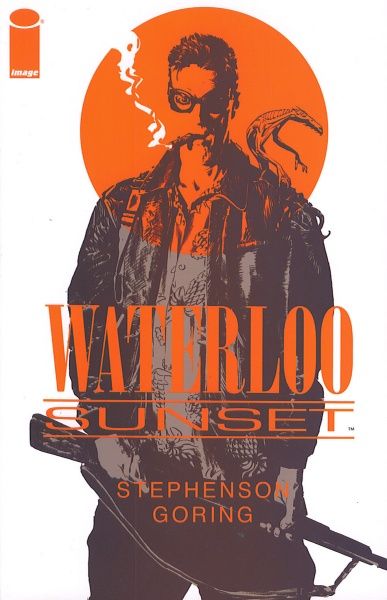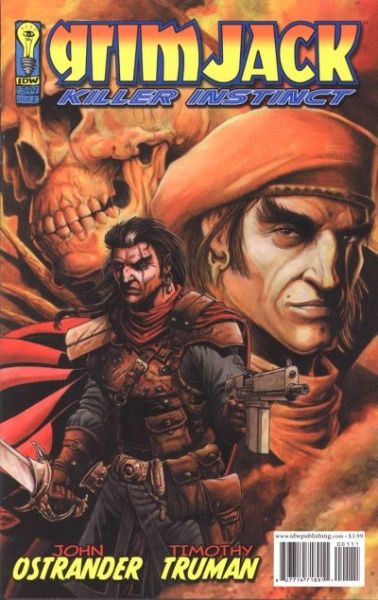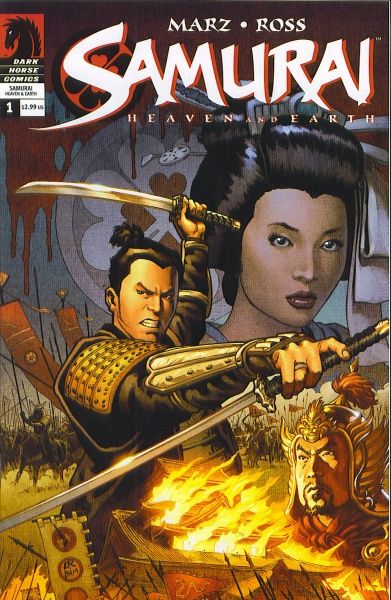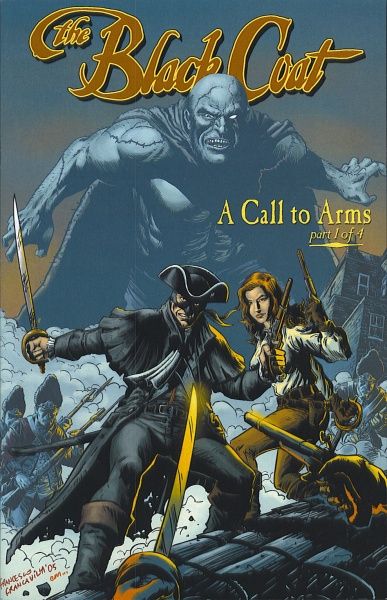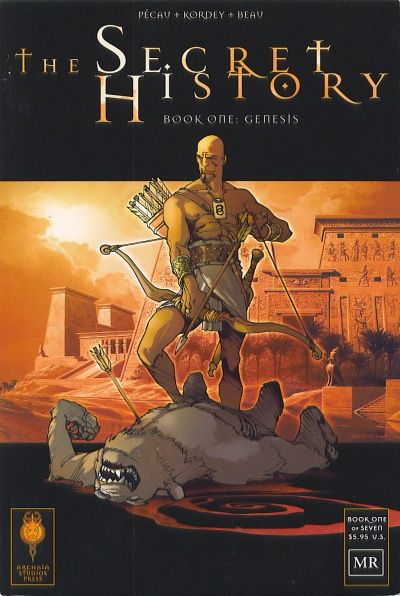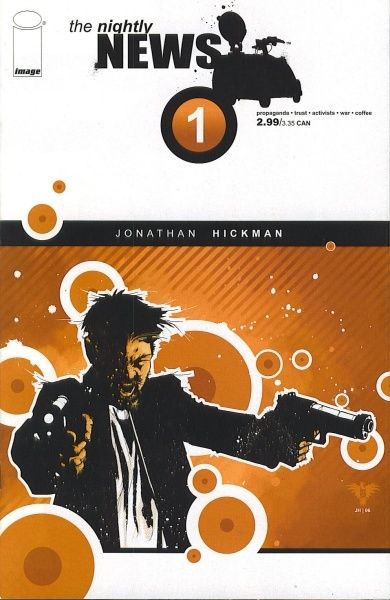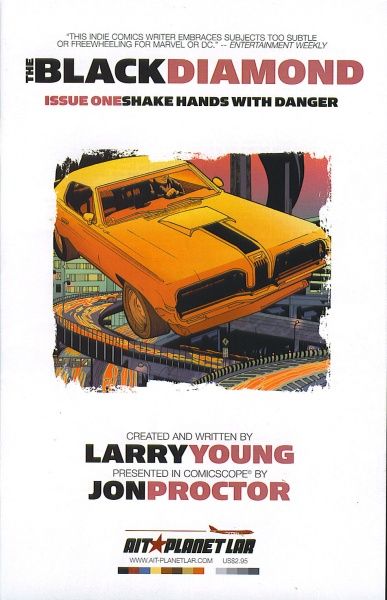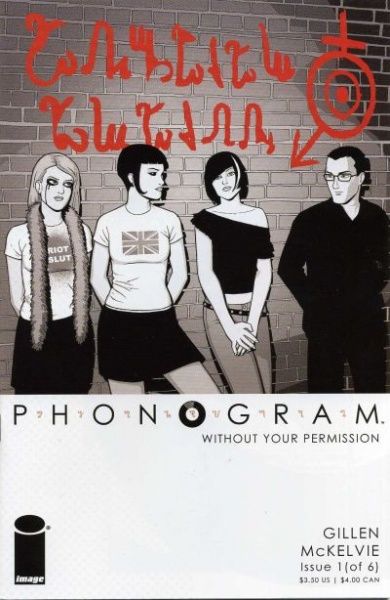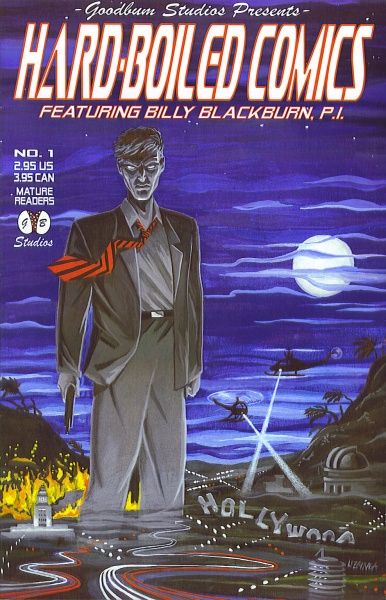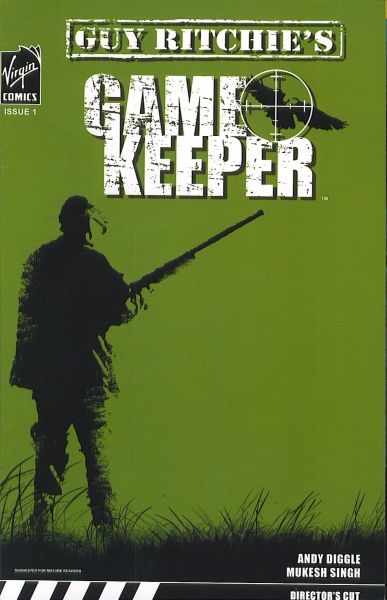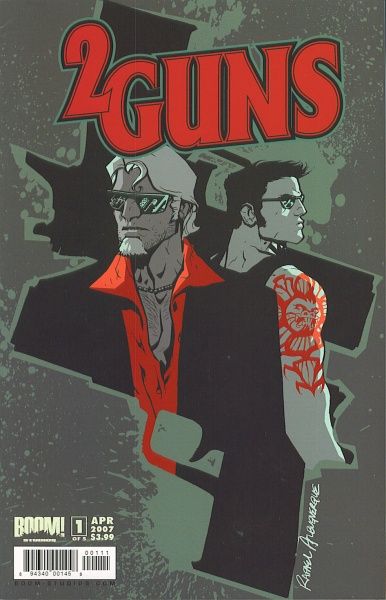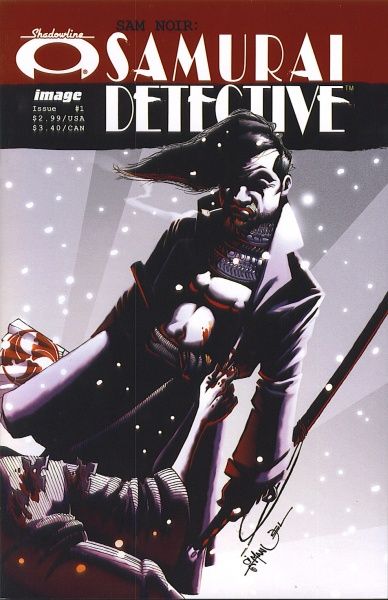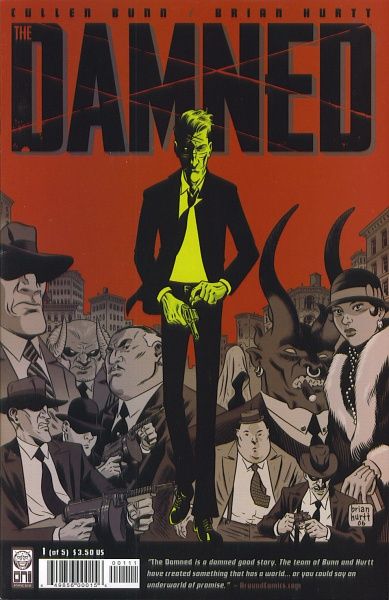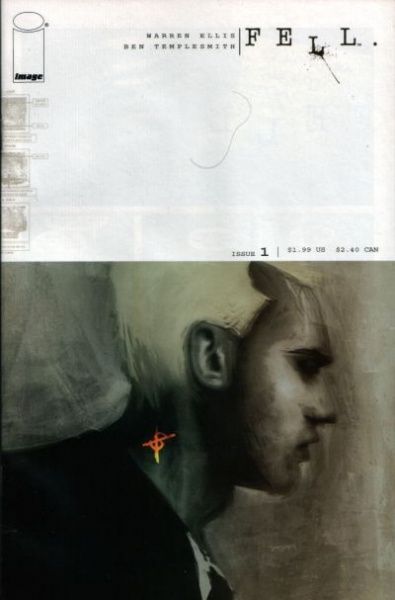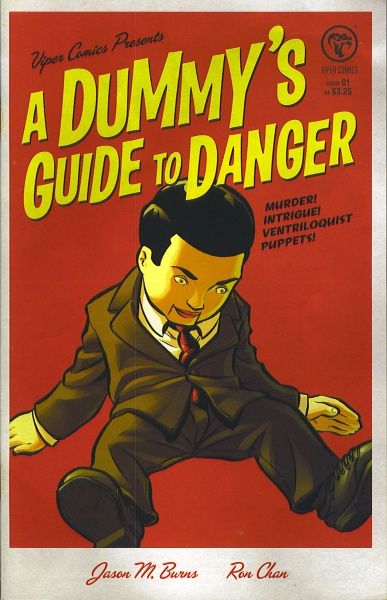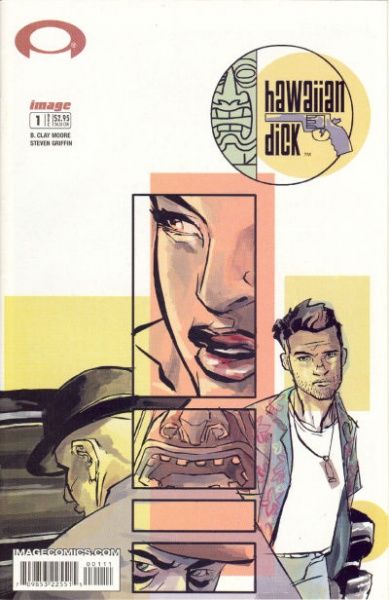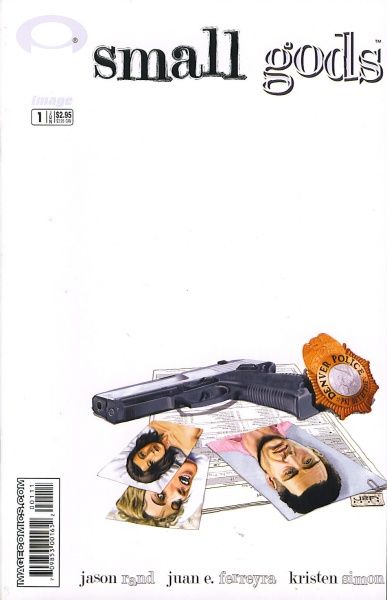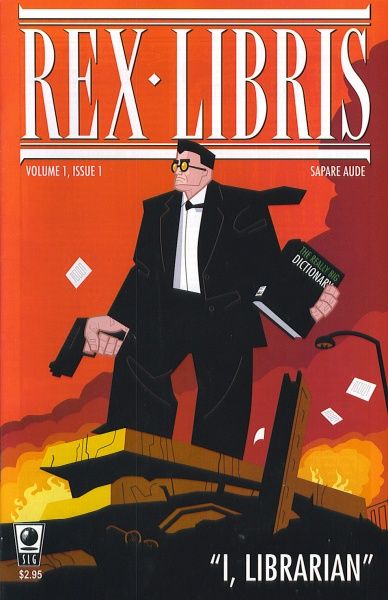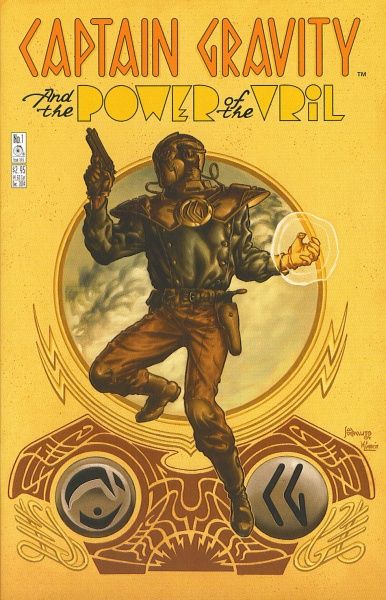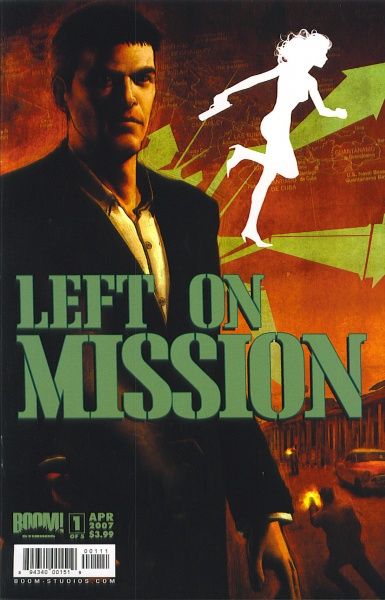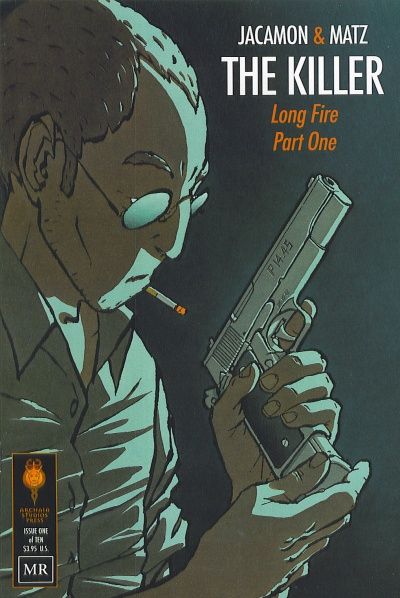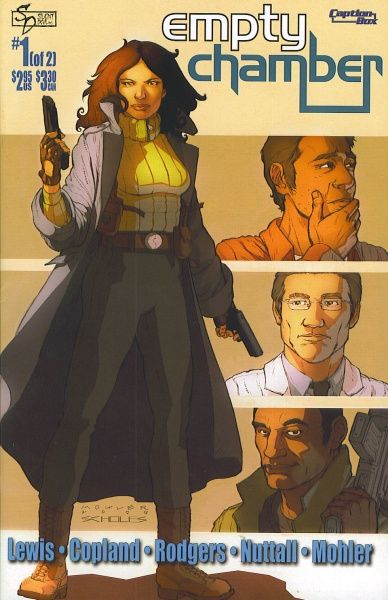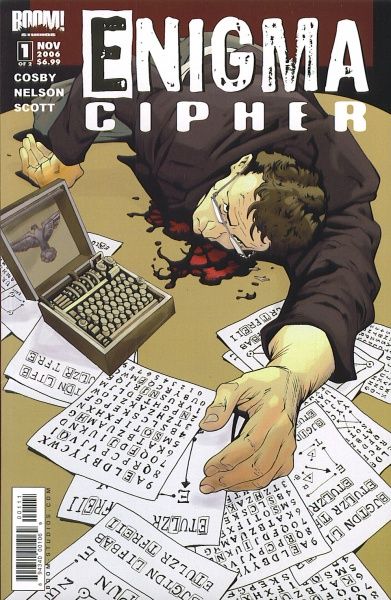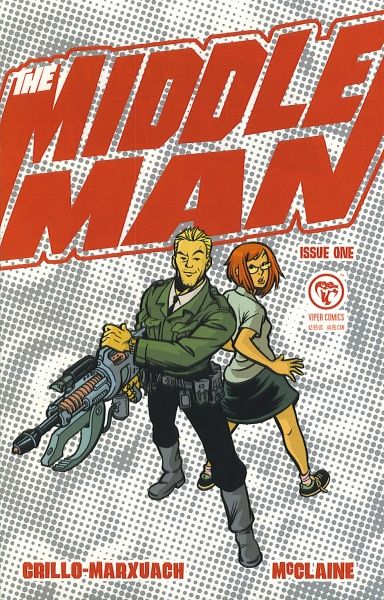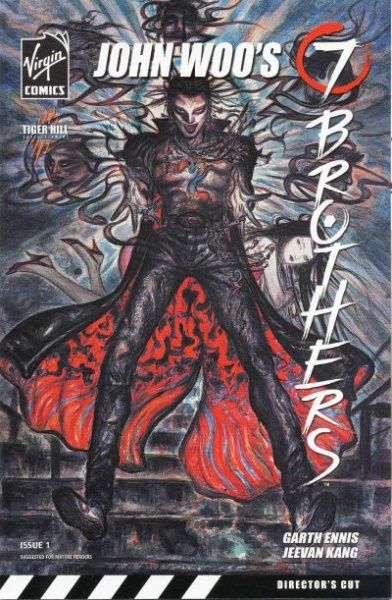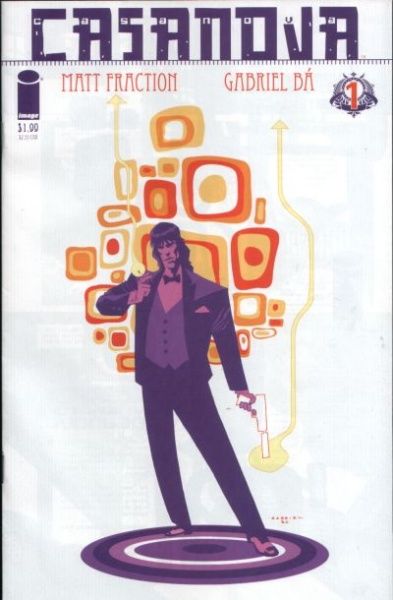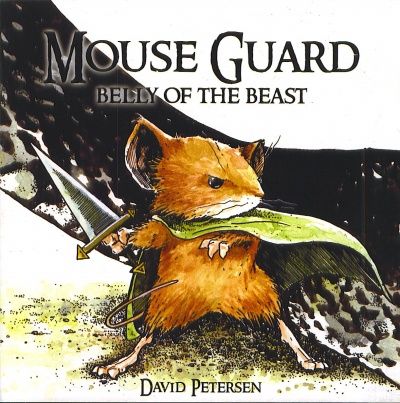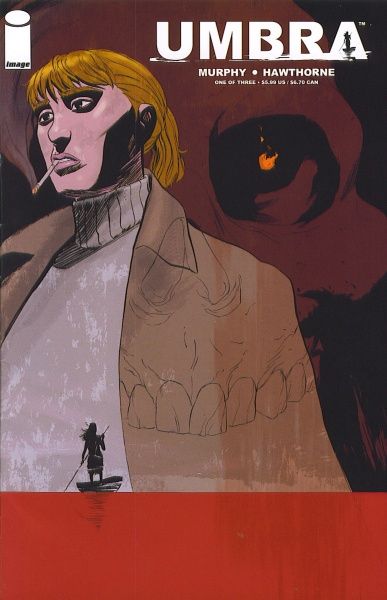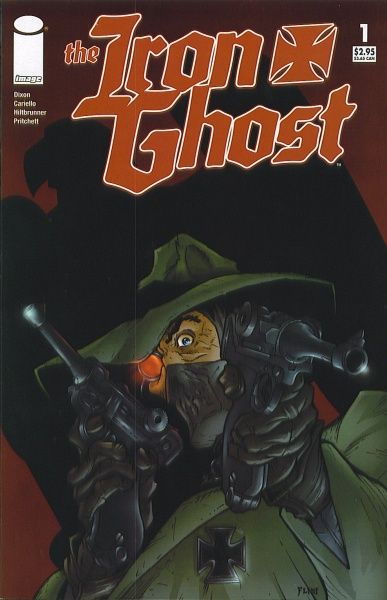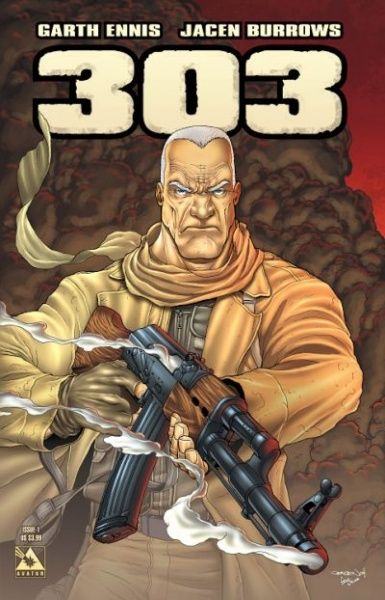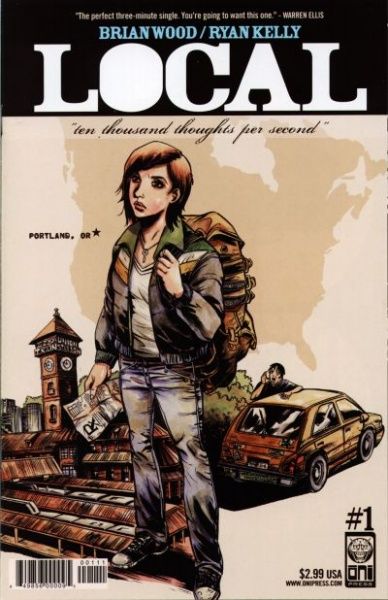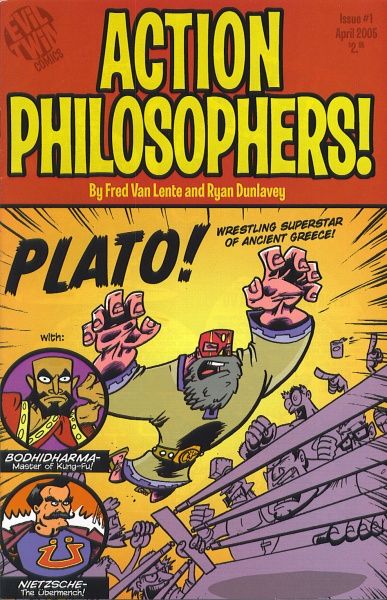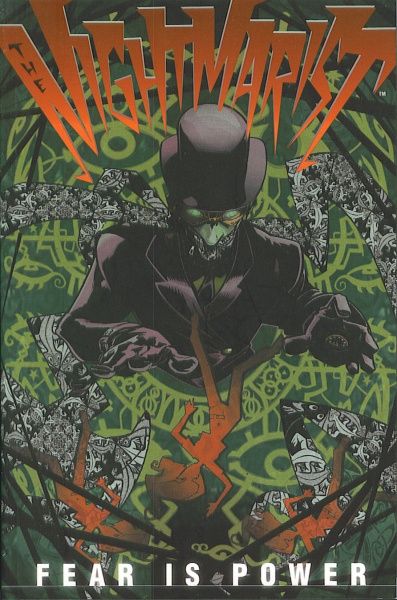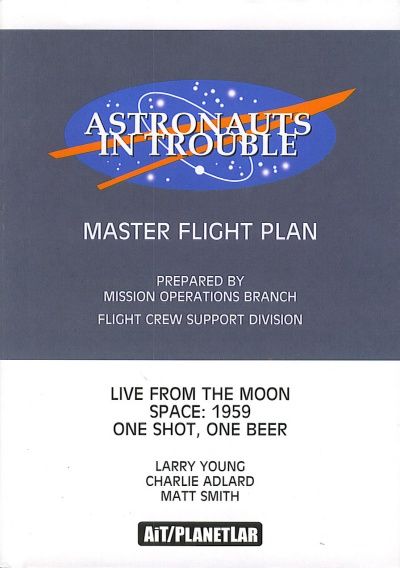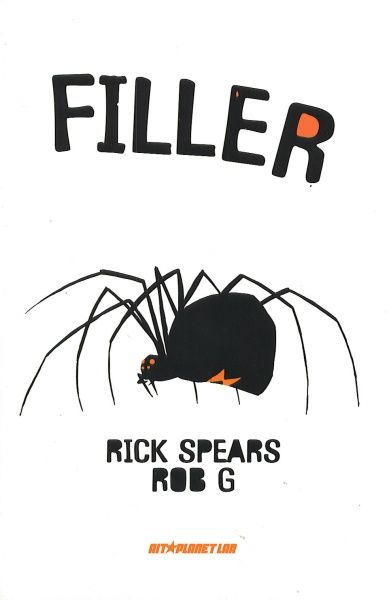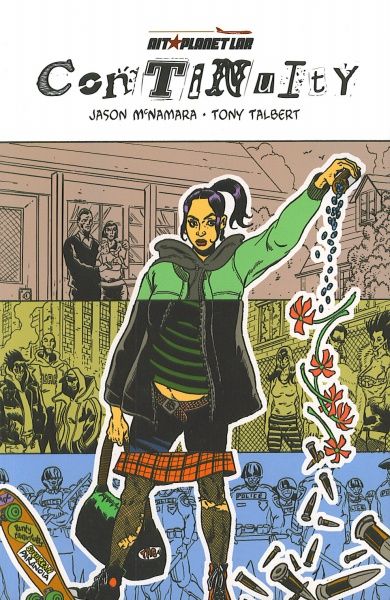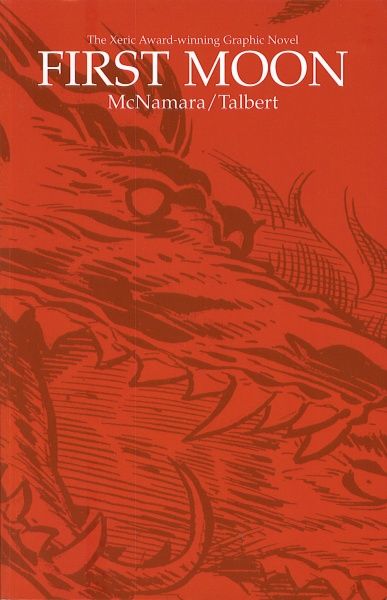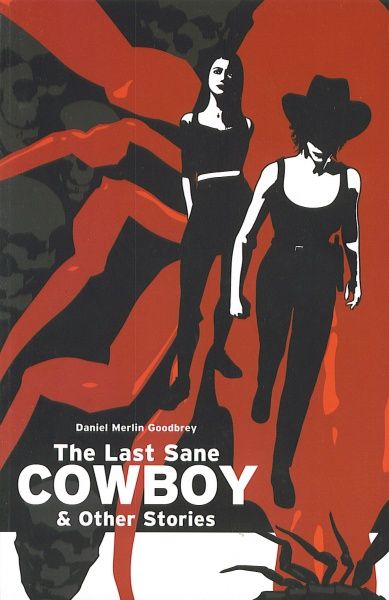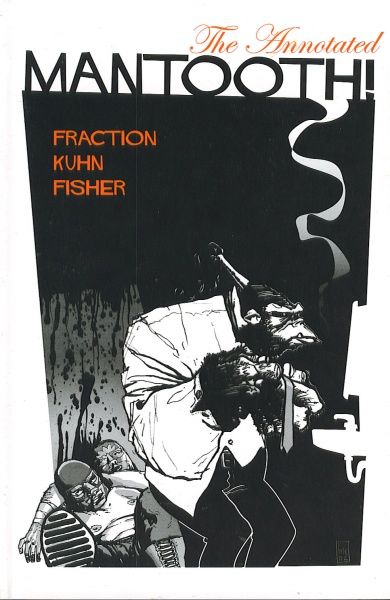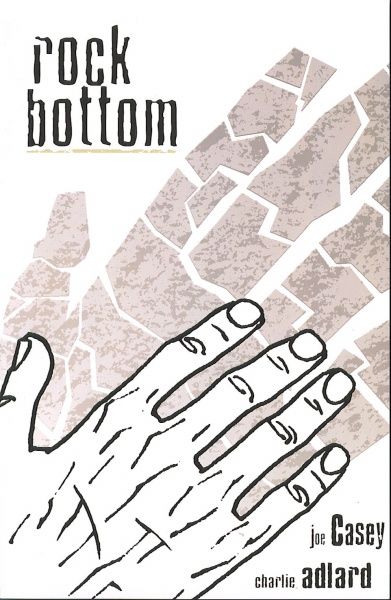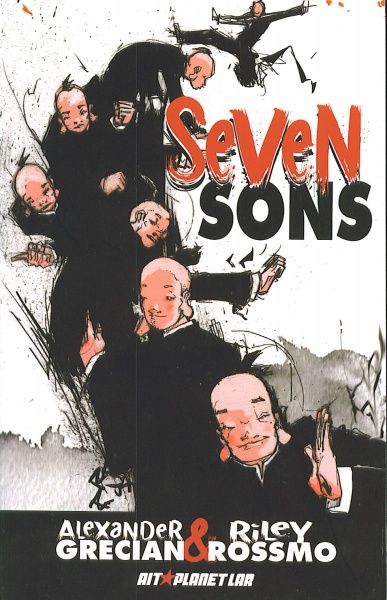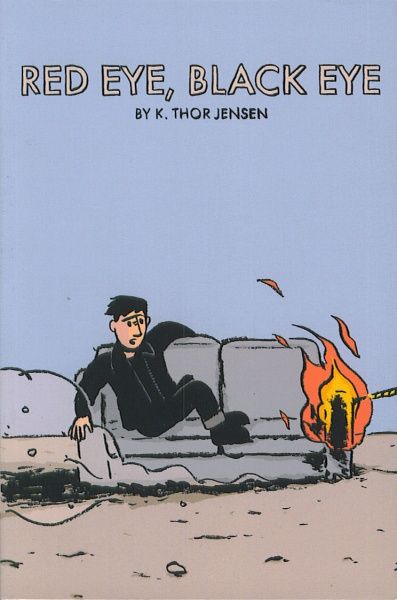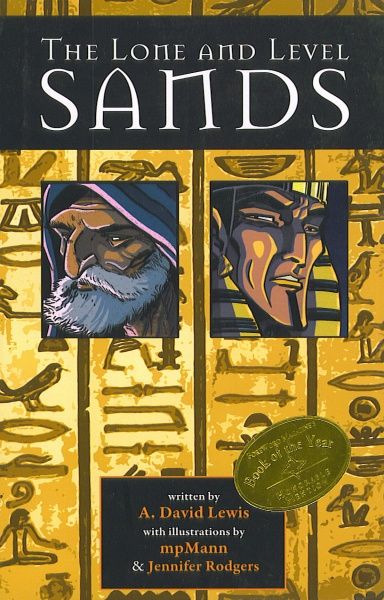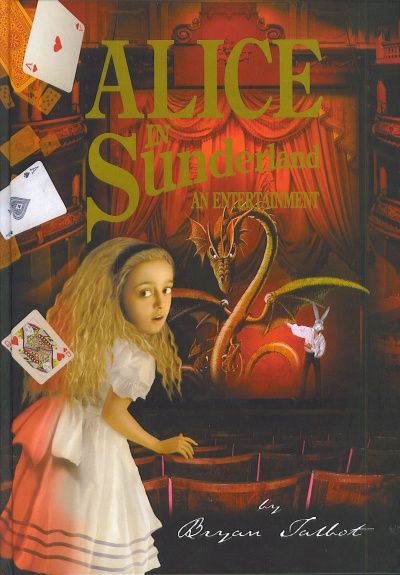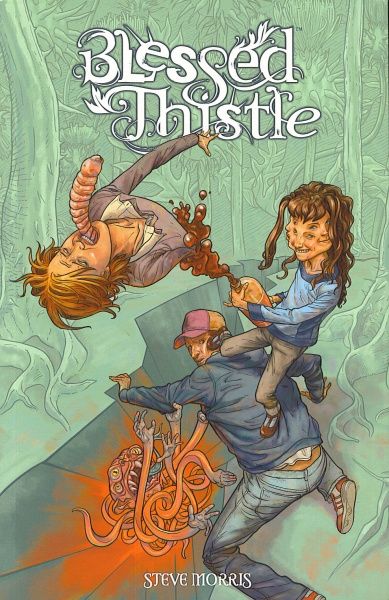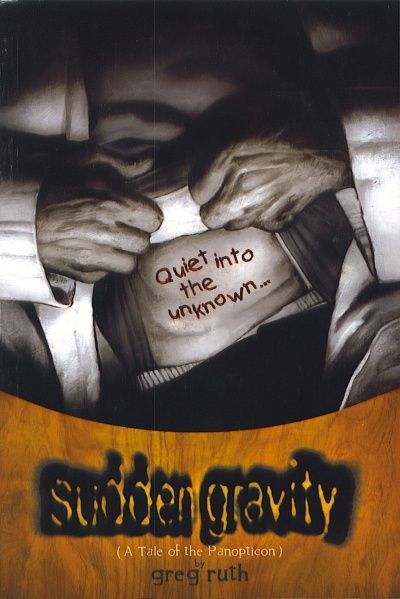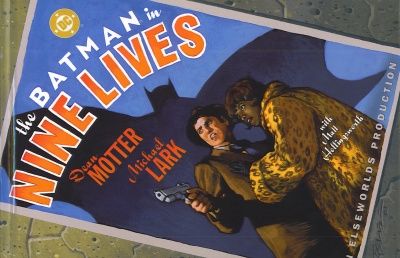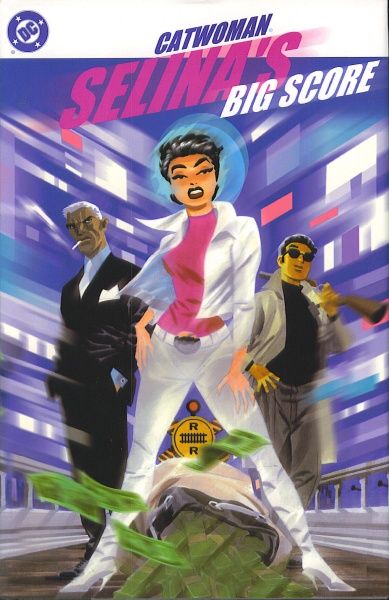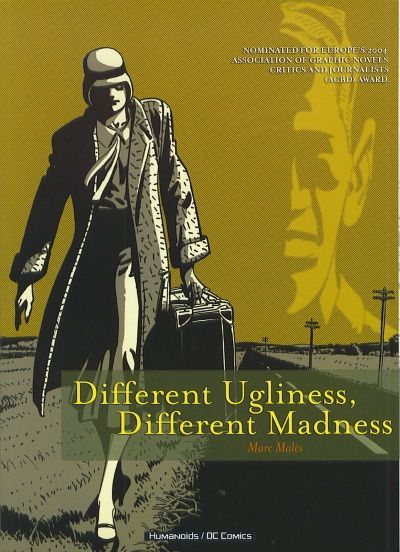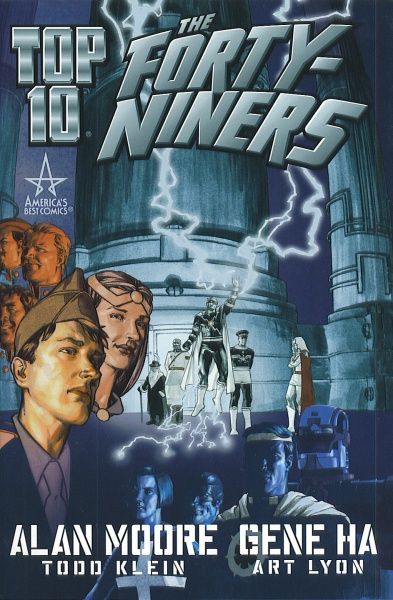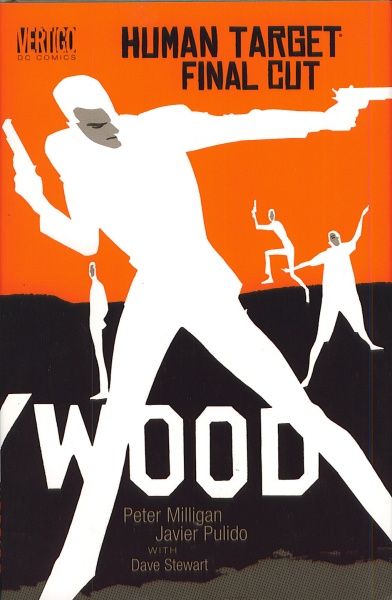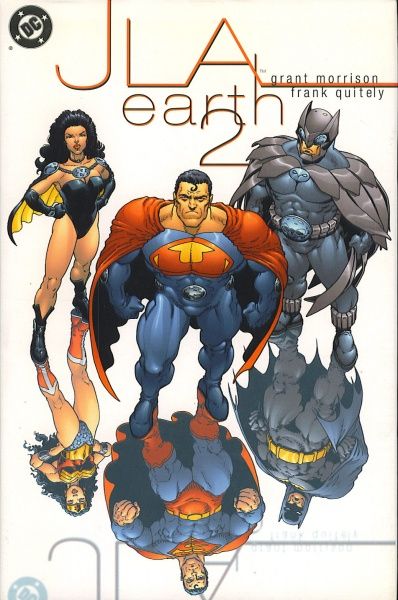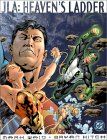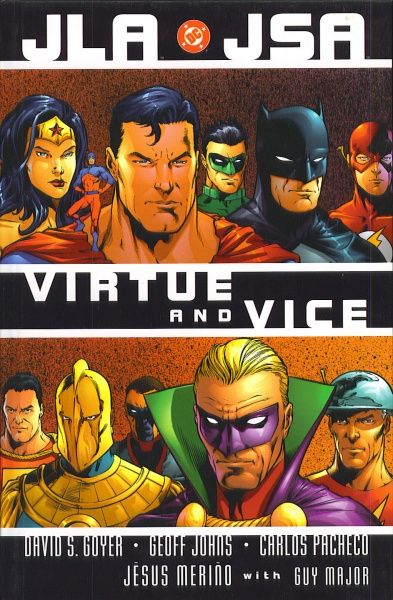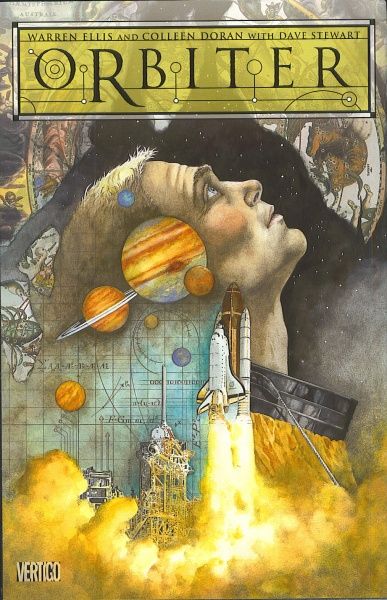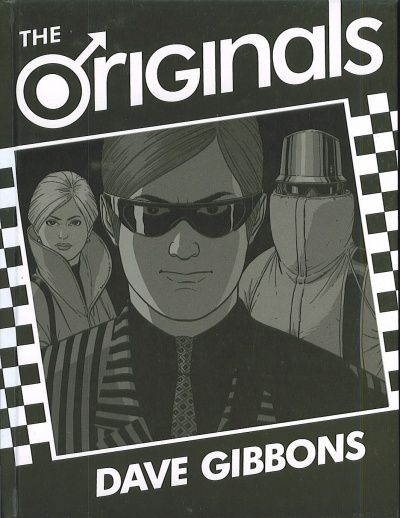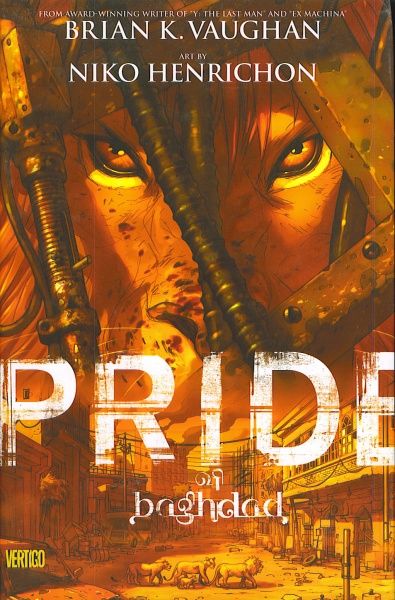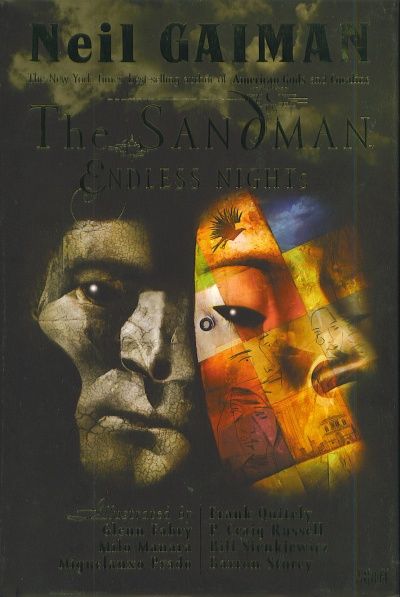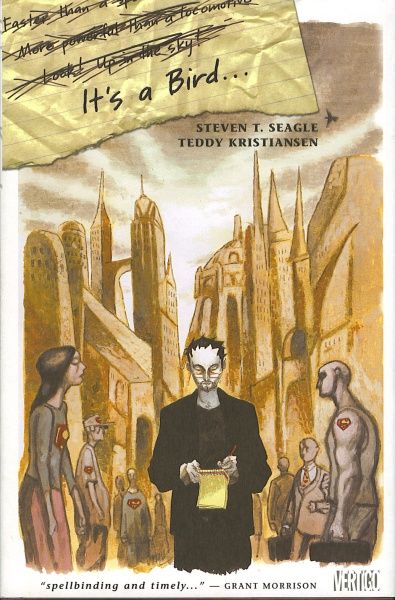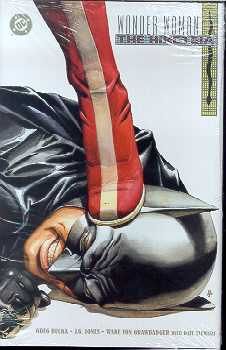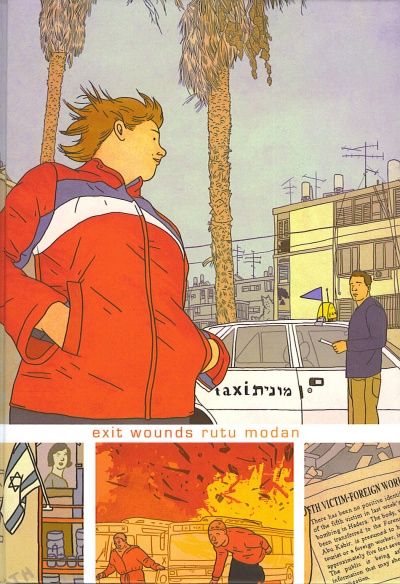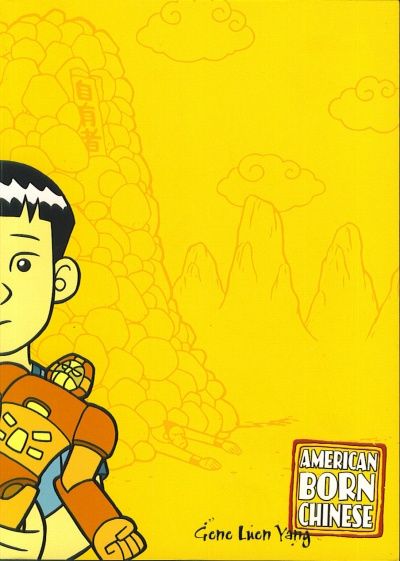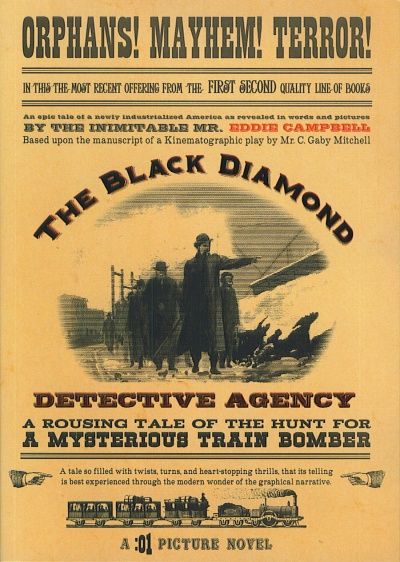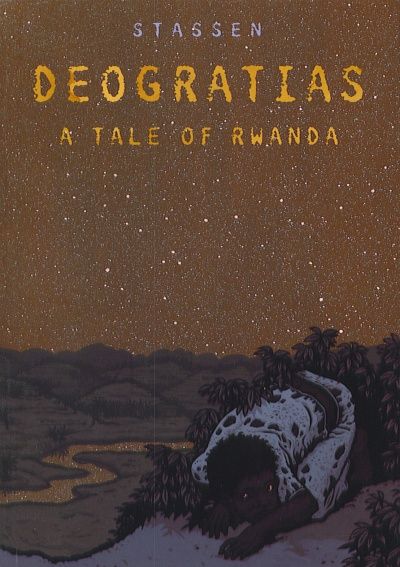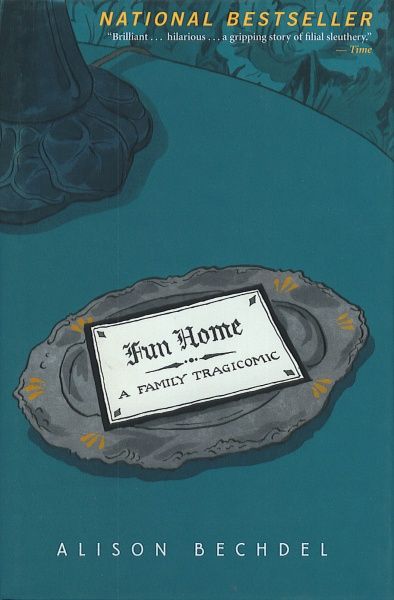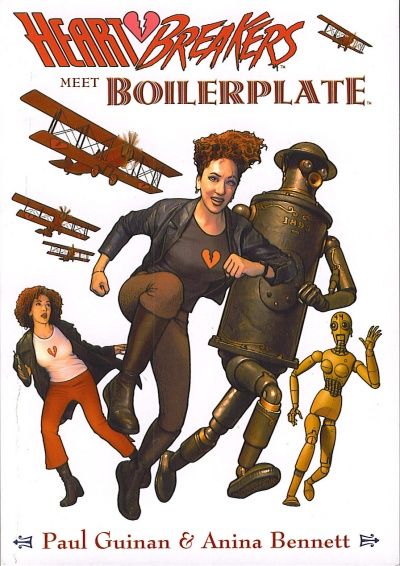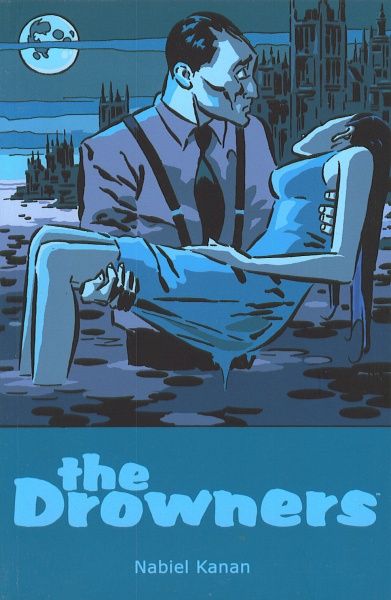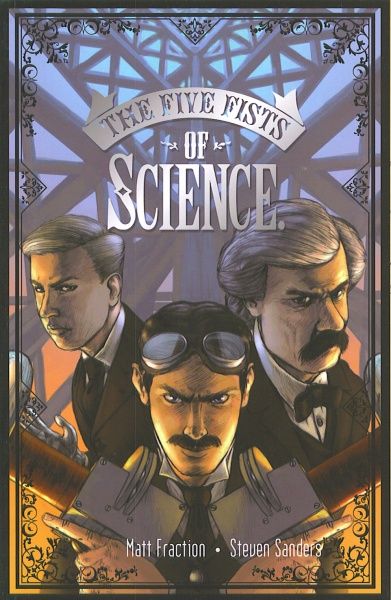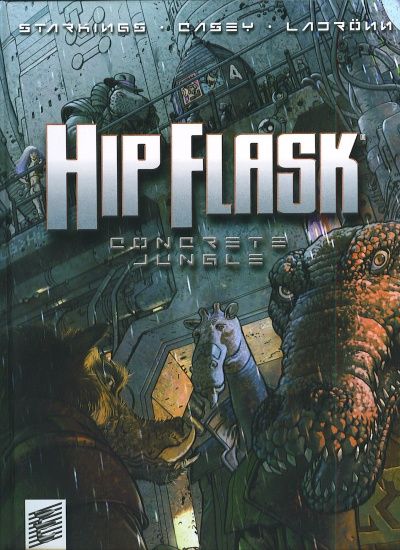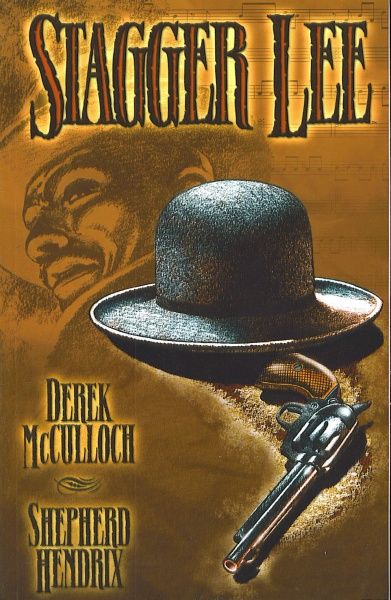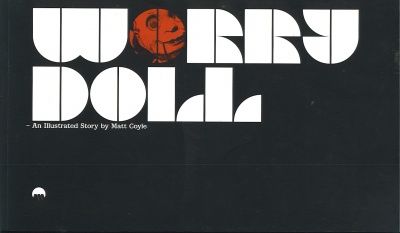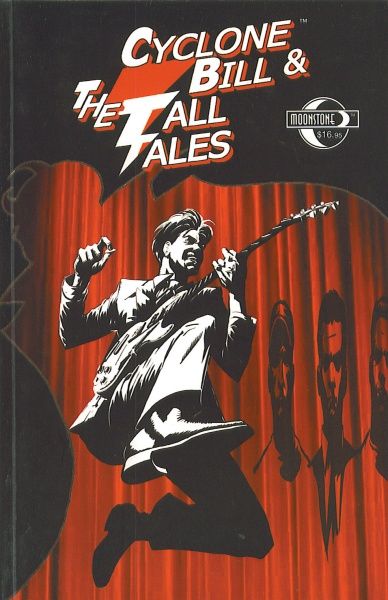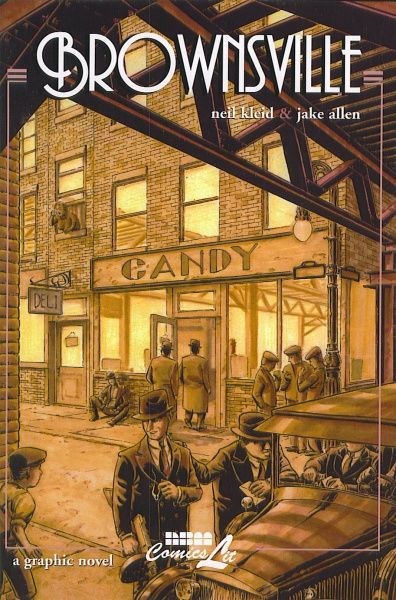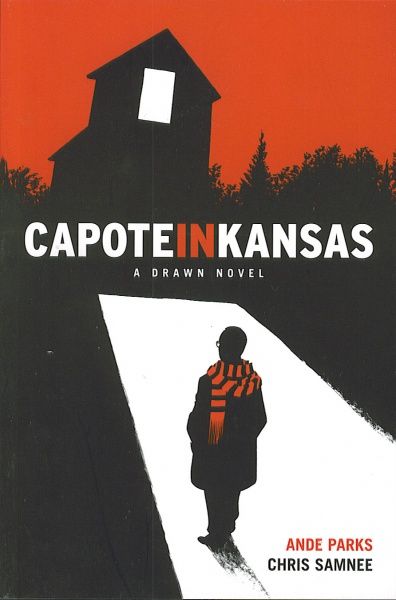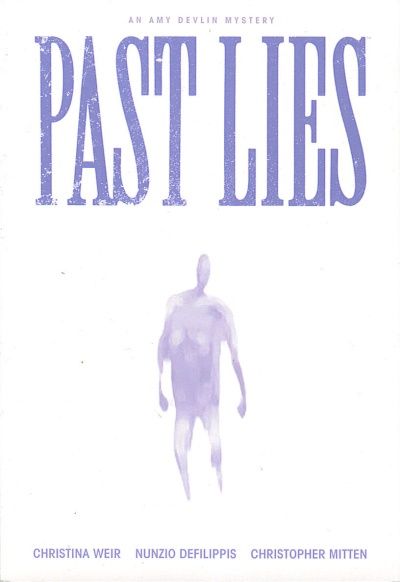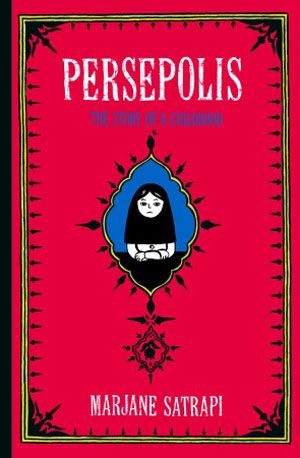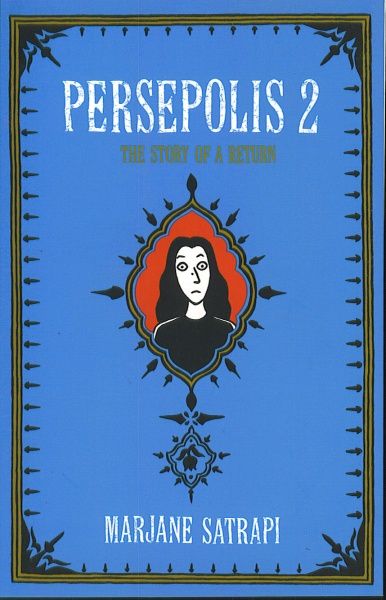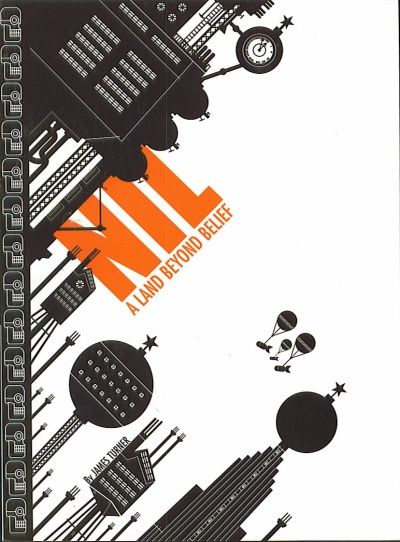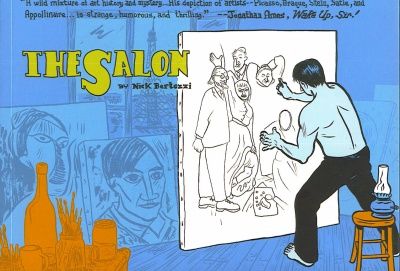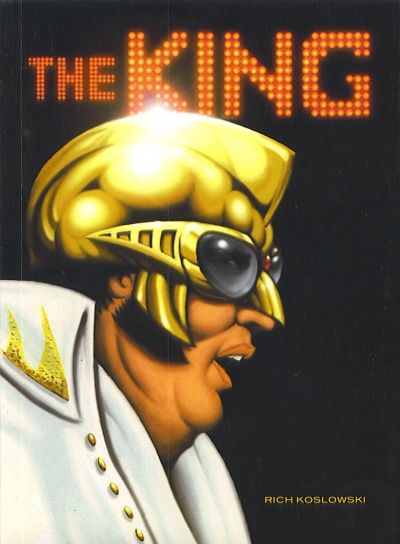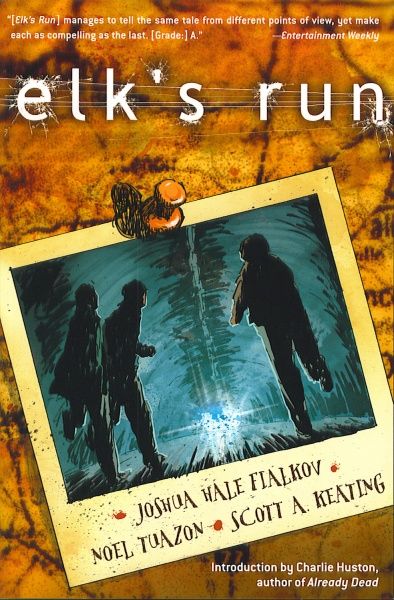A few years ago I wrote something on the same topic as this post will be, but this is a bit of an expansion, and it's always good to revisit things every once in a while. So let's chat about the Golden Age of Comics.
First of all, when I say "Golden Age," I mean the period of time from the early 1980s to today. Yes, we're living in the Golden Age, and that's what this post is about. But that's not the Golden Age that mostcomics fansthink of when you write the term. They think of the 1930s and 1940s. Why is that?
I would argue it's for a few reasons:
1. It's before most current comics fans were born. Nobody wants to admit they're living in a Golden Age, because then what would they bitch about? Bitching about your lot is cathartic and a kind of fun (in a twisted way), after all. If a Golden Age happened before you were born, you can lookback on it with fondness (even if you didn't live then) and whine about what's happening now, comparing it unfavorably to the Golden Age, which no one remembers. (This is, of course, a phenomenon not exclusive to comics.)
2. The availability of comics. Comics were everywhere. Now, let's ignore the proliferation of comic book stores and the fact that you can find comics at any bookstore. Comics were everywhere back then, man, so everyone bought them. In fact, they didn't need to buy them because they grew on trees next to the money!
3. The popularity of comics. This goes along with the availability. Comics routinely soldmillions of copies (even Aquaman!), and if sales fell below 500,000, it was cancelled and the creators mocked out of town! Kids were issued comics instead of textbooks at schools, along with their transistor radios so they could listen to World Series games during the day!
4. The creation of iconic characters. The "Golden Age" gave us Batman and Superman and Captain America and Human Torch and Namor and Flash and Green Lantern and Atom and Wonder Woman and Hawkman and ... well, shit, a bunch more. That's a good point. However, most of those iconic characters didn't last very long, and had to be relaunched with different origins. So kudos to Shuster and Siegel and Kane and Robinson and Simon and Kirby and their ilk. I can't argue with their creativity.
So that's the official Golden Age of comics. But it's not my Golden Age. My Golden Age is right now. In a broad sense, comic book characters have never been more popular. Sure, the comics themselves might not be selling like they did back in the day, but the comic book sensibility has insinuated itself into the mainstream like never - even during the so-called "Golden Age" - before. I would counter the middle two reasons above with some of my own:
1. The availability of comics. Everyone frets about the loss of the newsstands, as if that's a bad thing. Okay, the direct market led to less visible exposure for comics in the short term, but in the years since the direct market came into being, we have seen the maturation of the art form. I'm sorry to say, but availability to the masses means that something panders to the lowest common denominator. Comics were once a junk-food product ... not that there's anything wrong with that. Some people tried to make them something better, butmainstream comicsremained a junk-food product until they went off the newsstands ... and Doug Moench and Bill Sienkiewiczcreated a devastating portrayal of child abuse in, ostensibly, a superhero comic (Moon Knight #26). Moon Knight was one of the first direct-market-only comics, and while it might not have set the world on fire sales-wise, it's a remarkably mature comic (in the best sense of the word, not in the sense of "more tits and swearing") for Marvel. Even today, after over 25 years, those Moench/Sienkiewicz Moon Knights are amazingly nuanced and textured. It, along with a bunch of other comics in the same vein (eschewing the newsstands for the direct market) meant that comics creators could try new things without having to worry that the books would warp poor innocent little children who took breaks from teasing fat kids and burning insects with magnifying glasses to read comics. This meant comics could remain kid-friendly if they wanted to, but they could also evolve into a true art form to tell fascinating stories about pretty much anything. I know people are going to bring up the many forms of comics prior to the mid- to late-1970s and how groovy they were (Greg Hatcher could probably do it from memory), but those comics, with few exceptions, were kid-friendly as well, no matter how many drugs Jim Steranko was doing (kidding!). As comics moved off the newsstands, they became more mature. Of course, the direct market led to the proliferation of comic book stores,and the changing of the subject matter led to bookstores viewing them as a viable product ... which makes them as available today as they were in the "Golden Age" of newsstands. See? It all worked out in the end.
2. The popularity of comics. Sure, Superman comics once sold in the quadrillions, as every person on Earth - even Hitler! -bought four copies of every issue of Action Comics that hit the stands in 1940. Comics were ridiculously popular, but I would argue they're probably just as popular today. I know the sales figures for individual titles doesn't bear that out, but has anyone (like Paul O'Brien) done a detailed analysis of the total amount of comics sold in a given week in 2007 as opposed to 1940? (Is that even possible?) My point is: I think (but don't know) that there's more choice these days, so the purchasing is spread through more titles, and therefore no one title dominates the market. I could be wrong, of course. But in the same way as no baseball player will ever hit .424 in a season again like Rogers Hornsby did in 1924, no comic will ever sell in the millions again. Does that mean Rogers Hornsby is better than every single baseball player today? I doubt it. It's just that baseball back then is very different from baseball today, and so are comics. Comics, I would argue, have permeated the consciousness of our country so thoroughly that people don't even realize it. Does everyone watching Heroes realize they're watching a comic book? Maybe they do. Comic book movies, of course, are hotter than ever, and they might not translate into huge sales, but they seep into the collective psyche of the populace. The best comic book movie of the past decade, Unbreakable, did more to explain why we read comics than any Spider-Man or X-Men movie could. And we've seen plenty of indy comics, from Alan Moore's prodigous output to Ghost World and Mystery Men and American Splendor, show up. What's coming out in October? 30 Days of Night. Comics are unbelievably hip, and although, as I've mentioned, it might not translate into sales, people are more aware of what comics are about and how they have stretched beyond superheroes than ever before. And that's a good thing.
But for me, this is the Golden Age of Comics for two reasons: creator independence and the choices we have. Back in the day, many underground comics creators (I refuse to call them "comix") owned their own work, and I'm not saying they weren't important, but let's face it - they were underground comics for a reason. They certainly set the stage for today's Golden Age, but only as a harbinger. Today, creators own their own work if they want, and we have much more identification between creator and creation, which is as it should be. Yes, we identify Lee/Kirby with the Fantastic Four, but neither gentleman owned the characters. Ownership of the characters means that creators can take chances that a corporation wouldn't allow. It also means we get back to those interesting stories that allow characters to change and evolve and even die, which lends maturity to the comics. Batman and Spider-Man can never - never - be mature characters, because DC and Marvel won't let them be. That's not to say I don't love good Batman and Spider-Man comics, because I do, but I recognize them as essentially immature adventure stories. Only outside of the framework of the mainstream corporate structure - The Dark Knight Returns and Spider-Man: Reign - can these characters break out of the limitations imposed on them. But creator independence means that in the past 25 years or so we've seen wonderful stories about characters that have become real to us, more real than the old, stolid, corporate-owned characters. They are real because they grow, their actions have real consequences, they get married and have children, they die and don't come back to life dozens of times, and they change. The creators get their money from the Big Two, obviously, but their passion comes from making their own characters and doing what they want with them. And we get fantastic comics.
The other way in which this is a Golden Age is because of the sheer amount of comics out there, and the fact that there is something for everyone. In the past as in the present, superheroes dominate the market. In the past, however, other kinds of comics were often not widely available. The romance comics and the horror comics of the 1950s come to mind, but both of those genres had a limited time frame during which they thrived. These days, you could never read a superhero comic at all and still have a smorgasbord of comics to choose from. And they're all readily available. The proliferation of trade paperbacks has done some bad things to the industry (the loss of the skill to write a good 22-page story comes to mind, despite many writers now returning to the format) but trades are excellent for the smaller publishers, where you might miss a single issue and not be able to find it. These days, you can find a lot of stuff from independents in bookstores or on-line, which means it's far easier to get into really excellent stuff.
Speaking of on-line, the explosion of the Internet has helped make this a Golden Age. Obviously, bookstores in cyberspace are a great place to go if you're looking for a particular title, because your local comics shoppe just might not have ordered a copy of the Captain Gravity and the Powerof the Vriltrade paperback. There are plenty of places to find the things you want, and although this cuts into the thrill of the hunt, it still is very helpful. The other way in which the Internet has helped (me, at least) is getting the word out about these titles. Creators are on-line, pimping their work, but there are so many comic book sites where you can find out information on books that go beyond what it says in Previews. I have discovered some great titles by reading about them on-line, things I would have never even known about otherwise. Being connected to a vast audience of comic books instead of just the tiny local group means that anyone can find out about something.
I've been looking over what I've been buying for the past few years. I don't often give bad reviews at this site, and some people might think I like everything. But that's not true - I just don't buy things I'm pretty sure I'll hate. When I do - the recent Checkmate/Outsiders crossover, the Outsiders portion of which I was pretty sure I wouldn't like - it's either for a brief time for extenuating circumstances. I have no interest in reading Justice League of America, for instance, because I don't like Brad Meltzer (or Ed Benes, for that matter, but I'm much more of a writer guy, so if Benes was paired with a writer I love, I'd overlook his work). So the books I buy I tend to like. If a book starts to suck, I tend to drop it relatively quickly. I hang on a bit in the hopes that the book will recover, but I don't give it much time. So yes, I review things I like, and I give good reviews. But you know what? I buy a lot of comics, because there's a lot out there that's good. At least to me. Your mileage may vary. But here's a list of thingsyou could readthat have nothing to do with the Big Two, and they could easily meet any entertainment need you might have:
Superheroes: Noble Causes, Dynamo 5, Invincible: All very good. Fallen Angel: That probably counts as a superhero book, right? Hero Squared: Giffen/DeMatteis! Gødland:Man, I love this book. Meltdown.
Western adventure: The Lone Ranger. Death Comes to Dillinger and its sequel, Death and the Man Who Would not Die. The Ballad of Sleeping Beauty.
Science fiction: Wasteland: Good story by Antony Johnston, beautiful art by Christopher Mitten. Elephantmen: Pulp sci-fi! Scarlet Traces: The Great Game: Best mini-series last year. Robotika: The story is a bit uneven, but the art is stunning. Atomika: It will return, swears the author! The Surrogates. Waterloo Sunset. GrimJack: Killer Instinct.
Historical adventure: Rex Mundi: Still my favorite comic on the market. Samurai: Heaven and Earth: Fine story, gorgeous Luke Ross art. The Black Coat: American revolutionary superheroics! The Secret History.
Cutting-edge satire of contemporary culture: The Nightly News. The Black Diamond (sort of). Phonogram (well, not exactly contemporary, but close enough).
Pulpy and gritty: Hard-Bullied Comics: Batshit insane stuff. Gamekeeper: Andy Diggle knows what he's doing. Two Guns: So does Steven Grant. Sam Noir: Pulp samurai adventure - what's not to love? The Damned: Demonic crime fiction. Fell. A Dummy's Guide to Danger:Bizarre yet fascinating. Hawaiian Dick. Small Gods:Gone now, but still worth checking out!
Pulpy but less gritty: Rex Libris: Two-fisted librarian action! Captain Gravity and the Power of the Vril: Nazi-smashing action!
Espionage adventure: Left on Mission. The Killer. Empty Chamber. Enigma Cipher. The Middleman (which is also hilarious).
Crazy fantasy action: 7 Brothers. Casanova. Mouse Guard: What a great comic for adults and kids. Umbra.
War comics: The Iron Ghost: Chuck Dixon is good at these. 303: So is Garth Ennis.
Character-driven drama: Local.
Wise and witty: Action Philosophers!
These are comics that have appeared just in the pastfew years, and none of them are published by DC or Marvel. As I'm not advocating anyone dump all their Big Two books, this is in addition to all the good stuff that comes out of Vertigo and Wildstorm, the stuff that Icon publishes,plus the very good mainstream superhero stuff that's out there, which makes it easy to ignore the crap that is around. Why put up with it? And that doesn't even take into account the vast number of graphic novels that are published. Here's just a small sample of original graphic novels from the past few yearsthat you can read with no other obligation to read anything else:
Active Images: The Nightmarist by Duncan Rouleau.
AiT/Planet Lar: 1000 Steps to World Domination by Rob Osborne; Astronauts in Trouble by Larry Young, Charlie Adlard, and Matt Smith (where do you think the "AiT" came from?); Continuity by Jason McNamara and Tony Talbert; Filler by Rick Spears and Rob G; First Moon by Jason McNamara and Tony Talbert; The Last Sane Cowboy and Other Stories by Daniel Merlin Goodbrey; Mantooth (get the annotated version) by Matt Fraction, Andy Kuhn, and Tim Fisher; Rock Bottom by Joe Casey and Charlie Adlard; Seven Sons by Alexander Grecian and Riley Rossmo.
Alternative Comics: RedEye, Black Eye by K. Thor Jensen.
Archaia Studios Press: The Lone and Level Sands by A. David Lewis and mpMann.
Dark Horse: Alice in Sunderland by Bryan Talbot;Blessed Thistle by Steve Morris; Kingdom of the Wicked by Ian Edginton and D'Israeli (this was originally published by Caliber, but the Dark Horse version came out a few years ago); Sudden Gravity by Greg Ruth (another old Caliber book, but newly published by Dark Horse).
DC: Batman: Nine Lives by Dean Motter and Michael Lark; Catwoman: Selina's Big Score by Darwyn Cooke;Different Ugliness, Different Madness by Marc Malès (Humanoids); Top Ten: The Forty-Niners by Alan Moore and Gene Ha (America's Best Comics); Human Target: The Final Cut by Peter Milligan and Javier Pulido (Vertigo); JLA: Earth Two by Grant Morrison and Frank Quitely; JLA: Heaven's Ladder by Mark Waid, Bryan Hitch, and Paul Neary; JLA/JSA: Virtue and Vice by David S. Goyer, Geoff Johns, Carlos Pacheco, and Jesus Meriño; Orbiter by Warren Ellis and Colleen Doran (Vertigo); The Originals by Dave Gibbons (Vertigo); Pride of Baghdad by Brian K. Vaughan and Niko Henrichon (Vertigo); Sandman: Endless Nights by Neil Gaiman and various artists (Vertigo); Superman: It's a Bird by Steven T. Seagle and Teddy Kristiansen (Vertigo); Wonder Woman: The Hiketeia by Greg Rucka, J. G. Jones, and Wade von Grawbadger.
Drawn & Quarterly: Exit Wounds by Rutu Modan.
First Second: American Born Chinese by Gene Luan Yang;The Black Diamond Detective Agency by Eddie Campbell; Deogratias: A Tale of Rwanda by J. P. Stassen.
Houghton Mifflin: Fun Home by Alison Bechdel.
IDW: Heartbreakers Meet Boilerplate by Paul Guinan and Anina Bennett.
Image: The Drowners by Nabiel Kanan (Desperado); The Five Fists of Science by Matt Fraction and Steven Sanders; Hip Flask: Concrete Jungle by Richard Starkings, Joe Casey, and Ladrönn; Stagger Lee by Derek McCulloch and Shepherd Hendrix.
Mam Tor Publishing: Worry Doll by Matt Coyle.
Moonstone: Cyclone Bill and the Tall Tales by Dan Dougherty.
NBM: Brownsville by Neil Kleid and Jake Allen.
Oni Press: Capote in Kansas by Ande Parks and Chris Samnee; Past Lies by Christina Weir, Nunzio DeFilippis, and Christopher Mitten; Union Station by Ande Parks and Eduardo Barreto.
Pantheon: Persepolis and Persepolis 2 by Marjane Satrapi.
SLG: Nil: A Land Beyond Belief by James Turner.
St. Martin's: The Salon by Nick Bertozzi.
Top Shelf: The King by Rich Koslowski.
Villard: Elk's Run by Joshua Hale Fialkov and Noel Tuazon.
(Note: the links on the titles of the books take you to reviews. Most of them are mine, but some aren't. I hope the people I linked don't mind!)
Of course, these are just the ones I happen to own. I don't love all of these books, but I like most of them. Even with graphic novels, I tend not to get things I don't like. None of these are books I absolutely can't stand, and many are brilliant. I certainly don't expect you to even care about these books - who the hell am I, after all? But remember: this is just a tiny sample of what's available, and these books are wildly divergent in subject matter.
Choice is a big reason this is such aterrific time to read comics. I just read Walt Simonson's introduction in the first Thor Visionaries trade, and he writes that in the late 1960s Marvel was publishing 11 titles. 11! Now, granted, you could buy all those titles for less than 2 dollars, but still - no wonder they sold well: you had no other choice but to buy them if you liked Marvel or the people writing or drawing the comics.You couldn'tfind the comics you really wanted all that easily, unless those comics you wanted were superhero comics. Again, I realize they were out there, but they weren't on the newsstands, I'll tell you that much. Now, of course, you can find whatever you want, and it's not that difficult.
I realize comics are far more expensive these days, and that might limit the ones you buy. That would be the only reason you could argue that the 1930s and '40s were the Golden Age - kids could read comics without taking out a loan! But that's not a very good reason. The price of comics doesn't mean much - look at Countdown, which cost a dollar and sucked so hard I almost bashed my head against the wall after reading it. Or look at Fell and Casanova, which are cheaper than other comics but don't sell terribly well. It's all about quality, and the overall quality of comics today is far higher than it was in the past. Sure, your childhood favorites might stink now compared to then, but I'm not talking about those. The quality of even some tiny little independent books is higher than many of the so-called "Golden Age" comics. If we argue that "Golden Age" comics were for kids and therefore we shouldn't expect sophistication, I would argue that things like Mouse Guard or Polly and the Pirates, two comics aimed toward a younger audience, are far more sophisticated and better for kids than, say, Detective Comics #27. So the idea that kids got better comics in the past doesn't hold water either. (I'm not even getting into manga, in case you haven't noticed, because I'm not very knowledgeable about it, but even I know it's more sophisticated and kid-friendly than "Golden Age" comics.)
I just love the selection we have today. I always try to cut my weekly selections because I spend a bunch of money annually on comics, but even if I do drop a title, it seems like two or three show up to take its place. And that's fine. I don't really mind spending money on comics, because I know what joy they give me when I read them again, and I hope they will entertain my kids in the years to come. There's so much we can get out of comics today, and it's exciting to see where the art form is going. People need to stop complaining about how comics suck these days, because they don't. They're better than they've ever been. And we're living through their Golden Age. We should enjoy it.
(Some of these scans are from the Grand Comics Database, of course. Their slogan should be: GCD: WhenYou're Too Lazy To Use Your Own Damned Scanner!)

